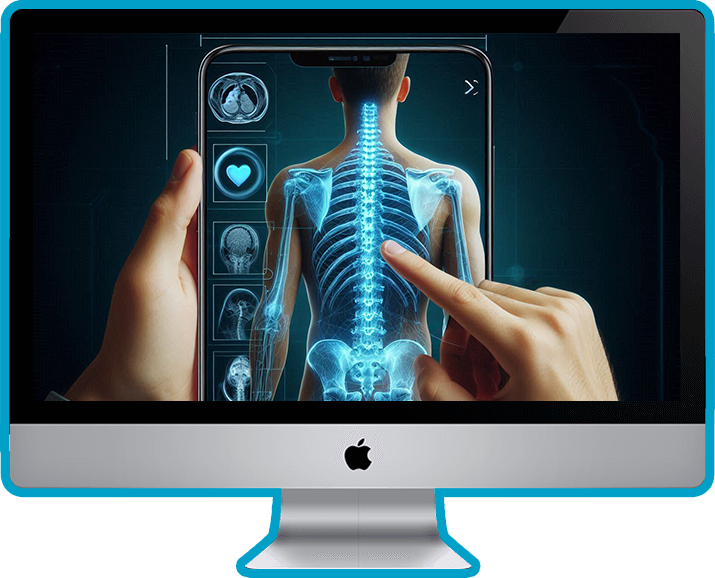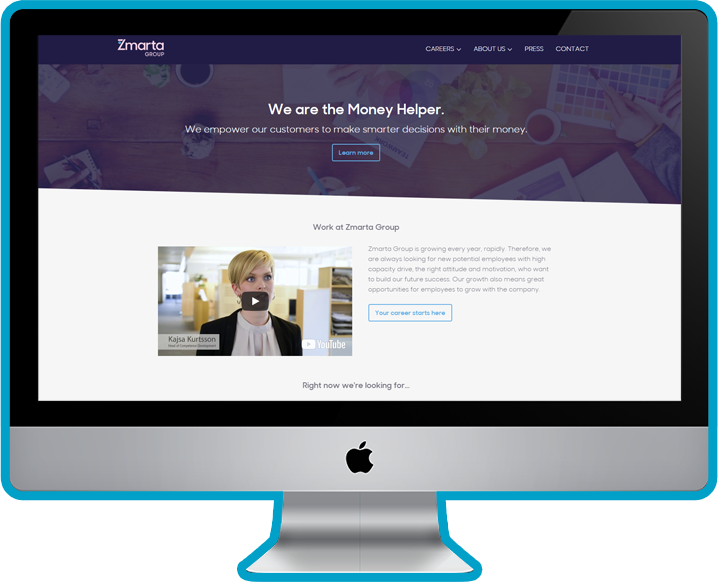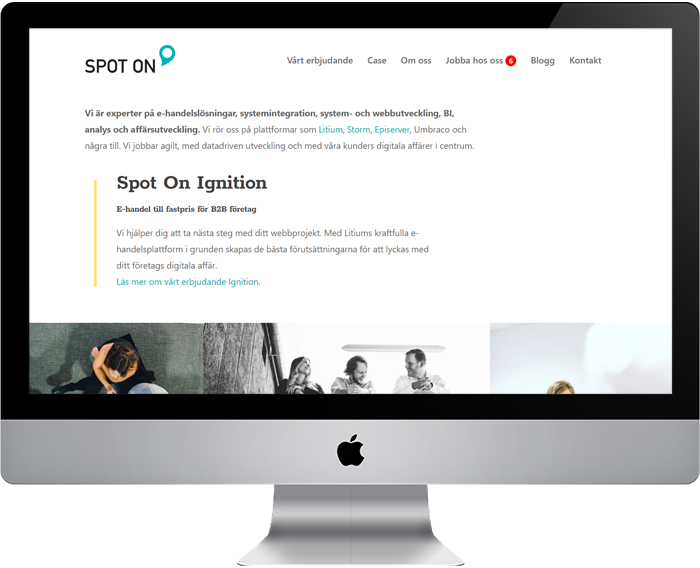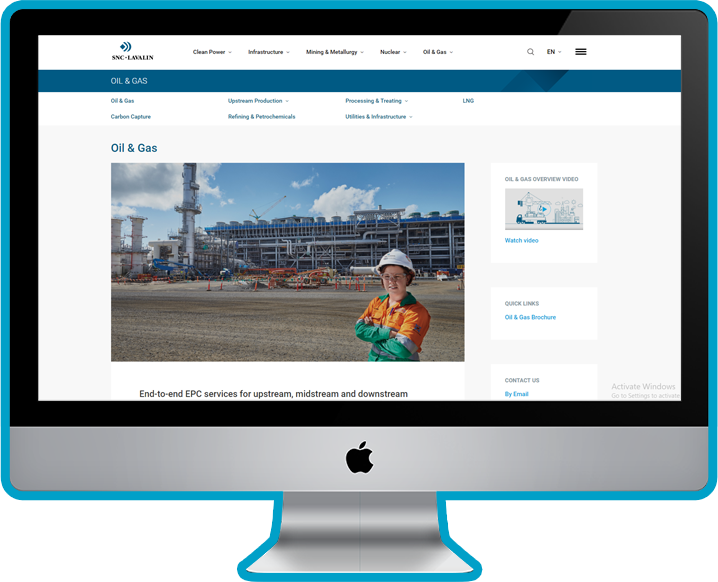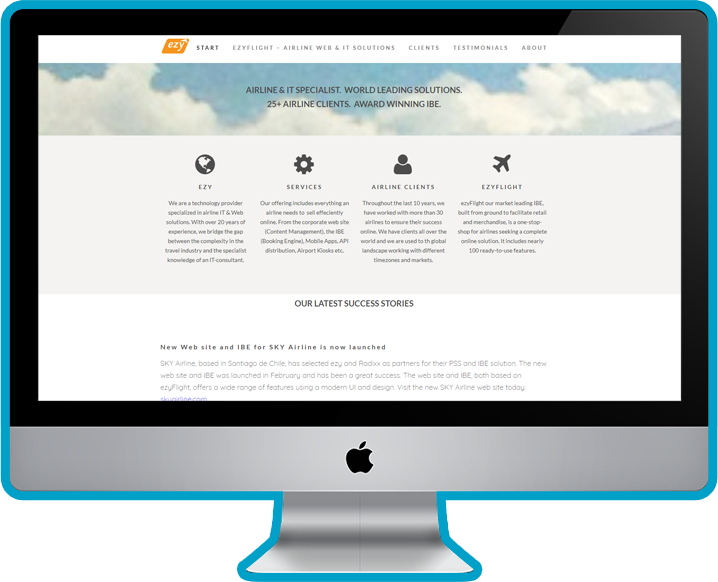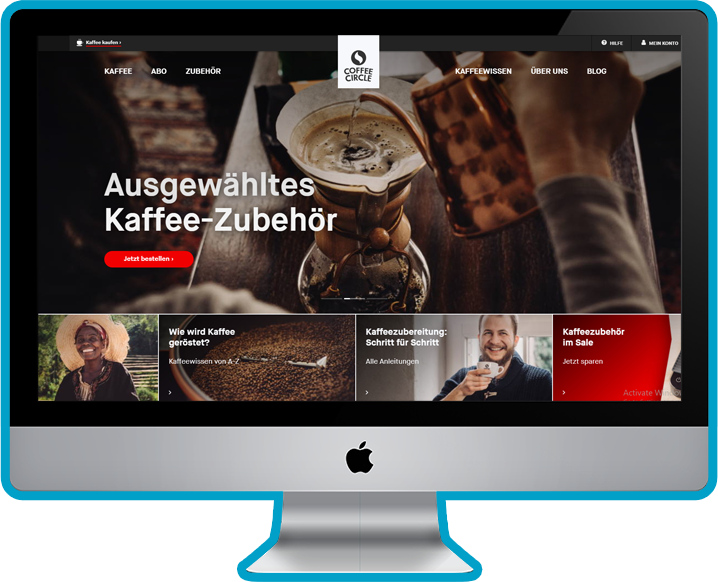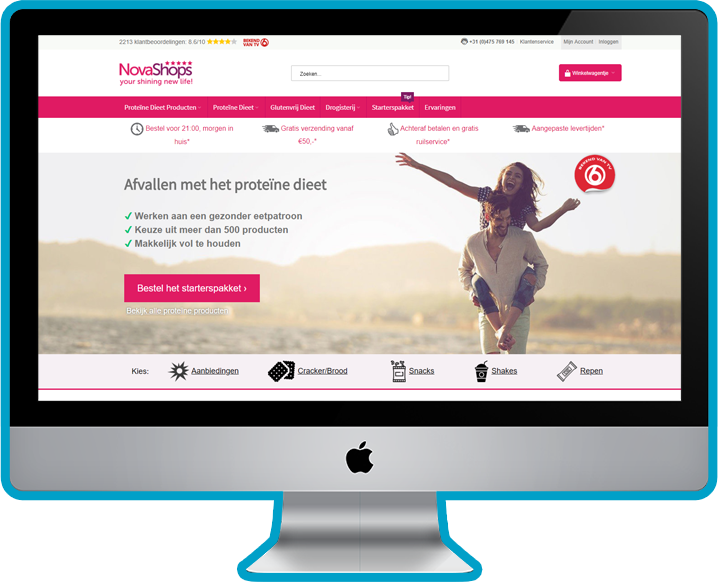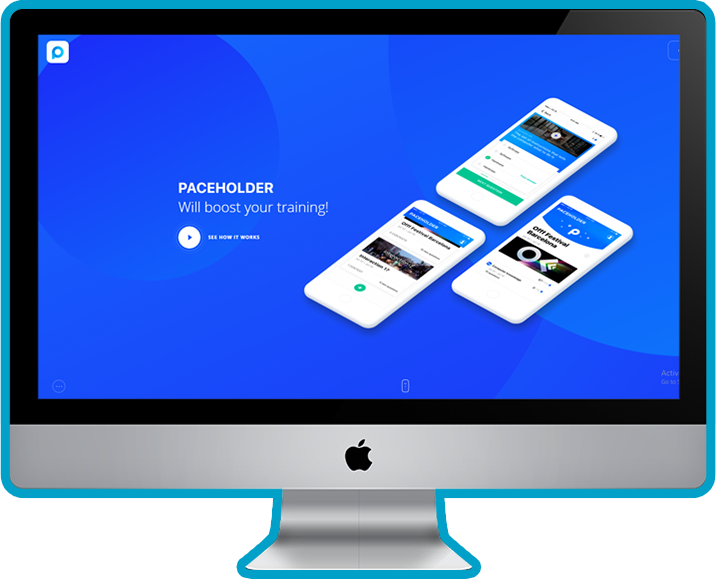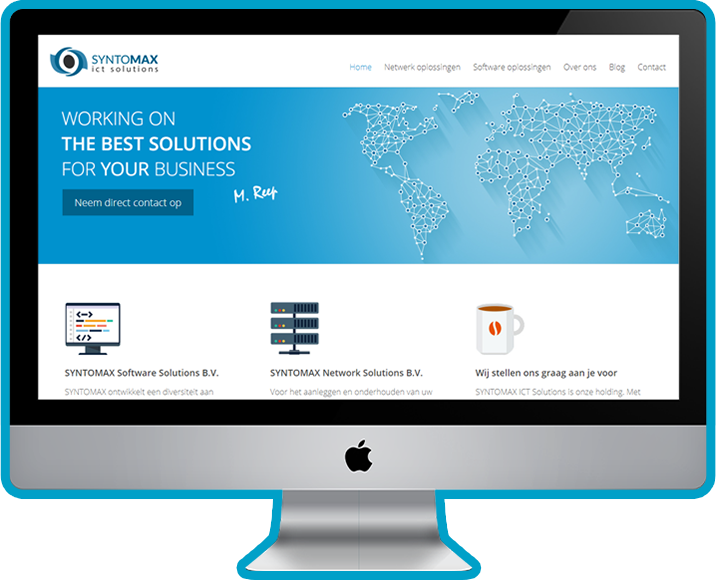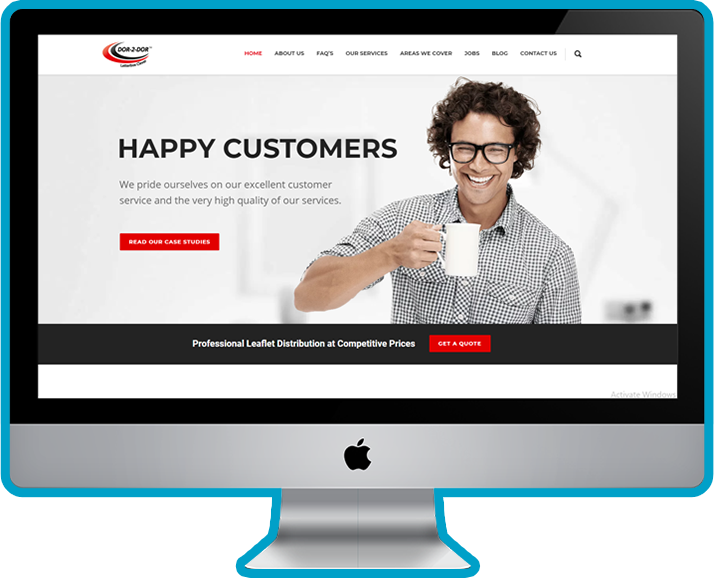AI-Powered Scoliosis Detection App
AI-powered apps are revolutionizing healthcare by transforming how we detect, diagnose, and manage medical conditions. With the ability to analyze vast amounts of data in real time, AI enhances diagnostic accuracy, reduces human error, and supports earlier intervention, often before symptoms become critical. These apps empower clinicians with decision-support tools, streamline workflows, and improve patient engagement through personalized insights.
In a world where access, efficiency, and precision are more important than ever, AI in healthcare is a fundamental shift toward smarter, more responsive care.
This successful client story describes how we helped a team of innovative therapists to develop a mobile app for scoliosis detection easily and accurately. Scoliosis often develops gradually with subtle signs, making early detection difficult. Traditional diagnosis requires experts and imaging, which aren't always accessible, leading to delays until visible symptoms appear. Early, accessible tools are crucial.
A Collaborative Innovation
Bridge Global joined forces with therapists and medical professionals in Canada to bring a groundbreaking idea to life: a mobile app designed to detect scoliosis—an abnormal curvature of the spine. Traditionally diagnosed through X-rays, scoliosis detection often exposes patients, especially children, to harmful radiation.
We collaborated with healthcare experts to develop a non-invasive, radiation-free alternative, driven by the need for a safer and more innovative solution. This AI-powered iOS and Android app empowers patients and providers to diagnose and monitor scoliosis easily and effectively—all from the comfort of home.
View MoreOur Approach and Solutions
- Gathered data on current scoliosis screening practices & identified technological gaps.
- Defined user requirements, guiding the design and functionality of the product.
- Designed a basic prototype with key features to test the concept, including image capture, AI spine detection, and preliminary reporting.
- Developed initial app versions, conducted internal testing, and refined based on feedback.
- Created a functional prototype for clinical trials, showcasing efficacy and usability.
- The mobile app uses colored touchpoints or a grid overlay to highlight backbone misalignments visually.
- Introduced a feature to compare periodic photos, helping track progress and manage the condition effectively.
- Generate 3D spine models from images for accurate visualization.
- Measure Cobb angles and shoulder positions for precise analysis.
- Monitor therapy progress safely, offering detailed insights without X-ray exposure.
Highlights
Our PM and technical team worked closely with Canada's onshore product owner and tech lead.
Challenges
- Traditional scoliosis detection uses X-rays, which can be harmful with frequent exposure.
- Standard photos of the backbone couldn’t detect misalignments in other body parts, key for identifying scoliosis.
More Information
Using AI to compare patients' previous images and predict changes, we also plan to integrate exercise recommendations into the app in later development stages.
Business Benefits
With approximately 1.14 million Canadians affected by scoliosis, the market for management solutions like an AI-powered Scoliosis detection mobile app presents significant potential. If 5% of this population adopts the app, it could reach around 57,000 users. The estimated market value for scoliosis management in Canada is USD 189 million in 2024, highlighting a solid opportunity for focused healthcare solutions.
The Technologies Used
Flutter, Python, AWS
View Less




